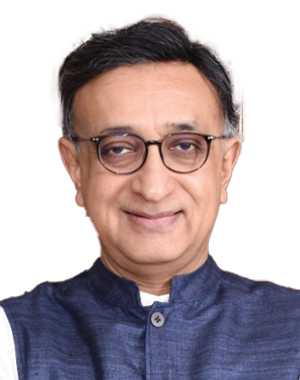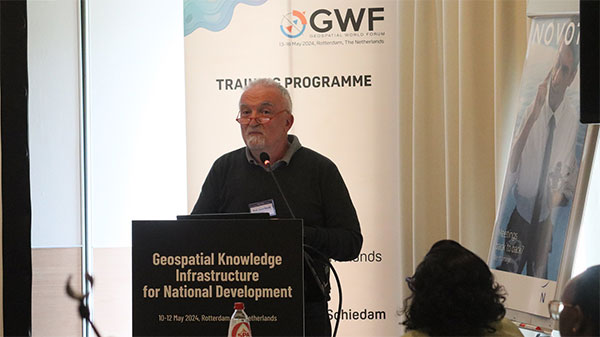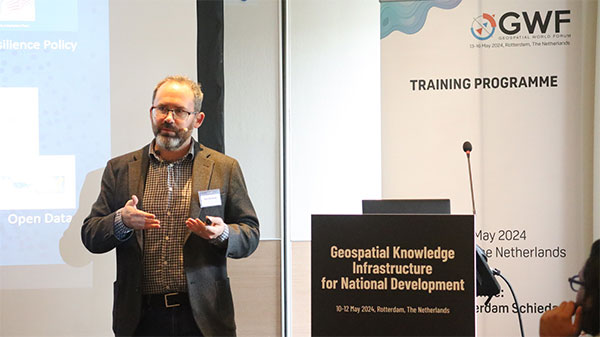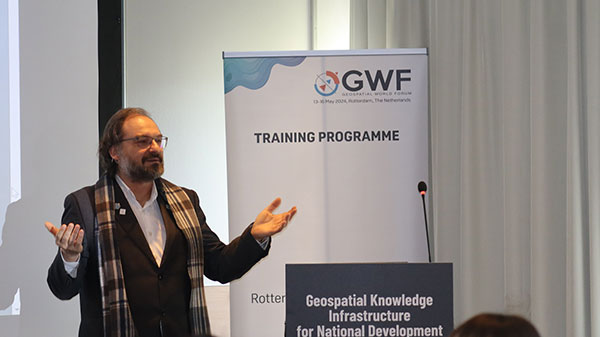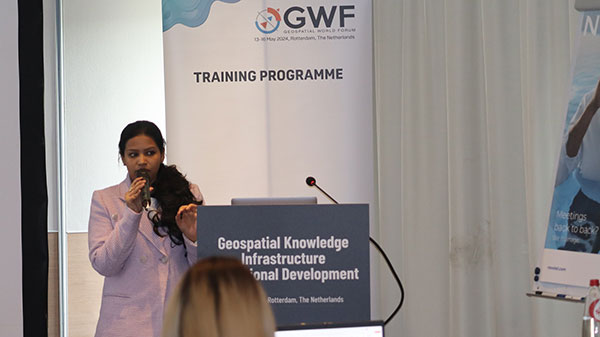
Sanjay Kumar
Founder & Chief Executive Officer
Geospatial World
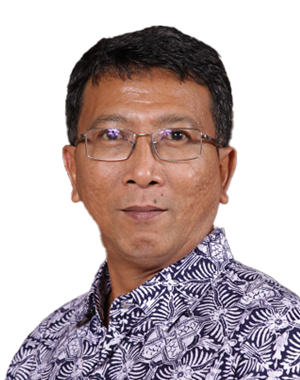
Mr. Antonius Bambang Wijanarto
President
UNGGIM - AP
Session Highlight
- Introduction
- Evolving Geospatial Ecosystem
- Geospatial Knowledge Infrastructure Principles and Concepts
- Geospatial Infrastructure Maturity Model
- Role and Relevance of GKI in National Development
- Evolving Roles of National Geospatial Agencies (NGAs) in the Digital Age
Session Highlight
- Introduction
- Importance of Conducting a Socio-economic Impact Assessment
- Scope and Fundamentals of Socio-Economic Impact Assessment
- Research Methodologies
- Modules of Economic Impact Assessment for Geospatial Agencies
- Value of Economic Impact and Its Relationship with GKI for National Development

Ananyaa Narain
Vice President - Consulting
Geospatial World
Session Highlight
- The Role of GKI in Addressing Global Challenges (Climate Change, Urbanization, Health, etc.)
- Theories and Frameworks for Collaborative Geospatial Workflows
- Leveraging Massive Geospatial Data for Knowledge Creation
- Integrating Digital Twins into GKI for Real-Time Decision Making
- Future Trends and Emerging Technologies Shaping GKI
- Case Study: Successful GKI Implementation and Collaborative Models

Dean Angelides
Corporate Director
Esri
Session Highlight
- Introduction
- Theories on Multi-Stakeholder Partnerships
- How to Form Multi-Stakeholder Partnerships
- Role and Relevance of Public Private Partnership [PPP]
- Case Study: Partnership, Type of Funding, and Business Models Involved
- Strategies for Successful Implementation of Multi-Stakeholder Partnerships

Sanjay Kumar
Founder & Chief Executive Officer
Geospatial World
Session Highlight
- Introduction to Overture Maps Foundation (OMF)
- The Role of Public and Open Data in Geospatial Platforms
- Collaborative Approaches for Developing Open Geospatial Platforms
- Open Data Governance and Standards for Geospatial Platforms
- Challenges and Opportunities in Scaling Open Geospatial Platforms
- The Future of Open Geospatial Platforms

Marc Prioleau
Executive Director
Overture Maps Foundation







